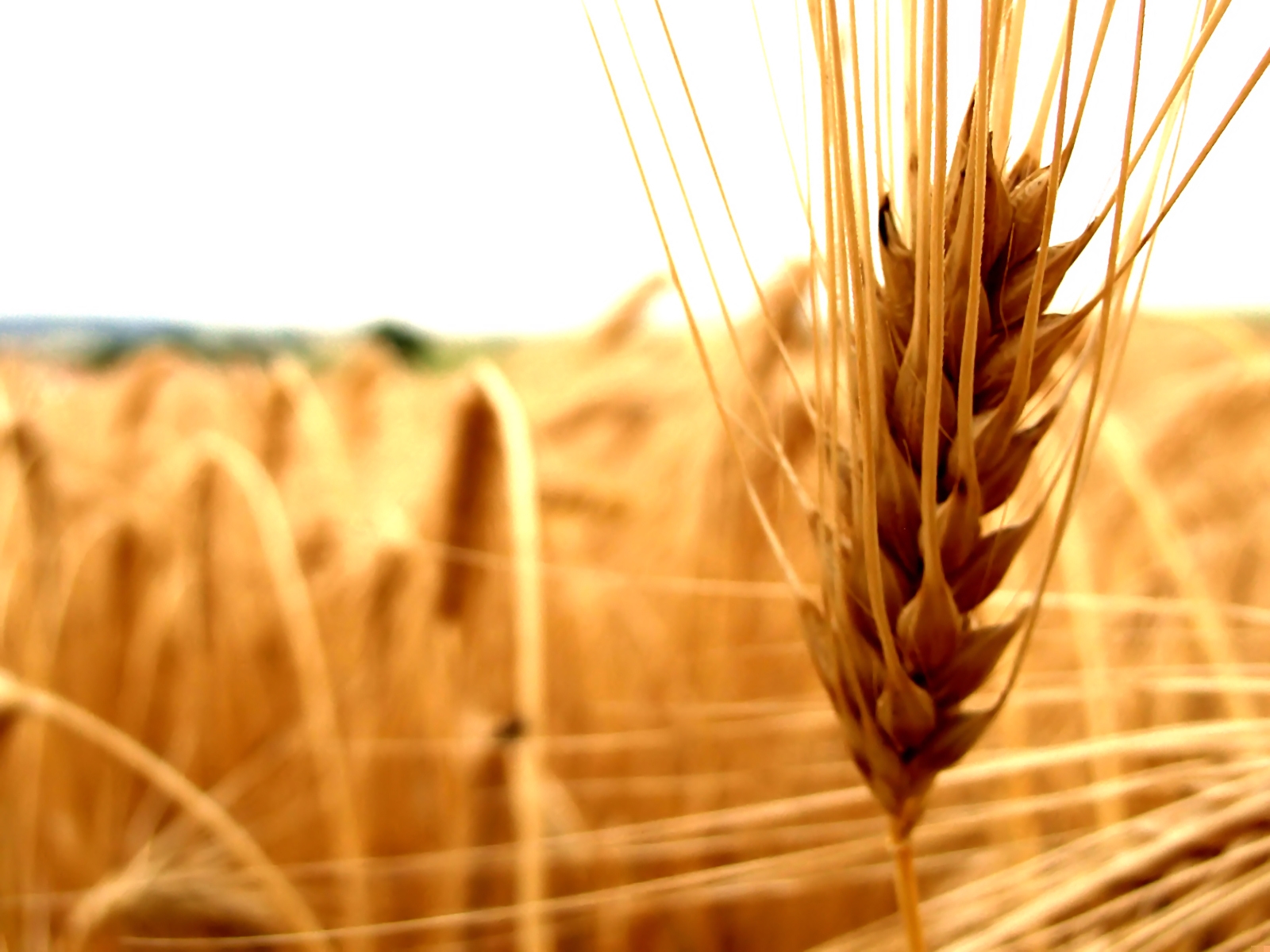FFAR grant develops climate-resilient wheat

Wheat constitutes 20 percent of all calories and protein consumed, making it a cornerstone of the human diet, according to the United Nations. However, hotter and drier weather, driven by a changing climate, threatens the global wheat supply. To address this threat, the Foundation for Food and Agriculture Research (FFAR) awarded a $5 million grant to the International Maize and Wheat Improvement Center (CIMMYT) to develop climate-resilient wheat. CIMMYT leads global research programs on maize and wheat, sustainable cropping systems and policies to improve farmers’ livelihoods. These activities have driven major gains in wheat variety improvement across the globe for decades; in the US alone, for example, over 50 percent of the wheat acreage is sown with CIMMYT-related varieties.
Wheat is among the most widely grown cereal crops in the world and the third-largest crop grown in the US by acre. Nearly all US wheat crops are improved and supported by public agriculture research. As most wheat in the US is dependent on rainfall and has no access to irrigation, this research is critical for helping the plants – and producers – weather climatic changes including extreme heat and drought. Additionally, the demand for wheat is expected to rise in the coming years – as much as 60 percent by 2050. Without public research, wheat production could decrease by nearly 30 percent over the same period due to extreme climate conditions.
“FFAR leverages public agriculture research funding through public-private partnerships to pioneer actionable research. With temperatures on the rise and water becoming scarcer, we are committed to supporting wheat farmers and providing new wheat varieties designed with future environmental challenges in mind,” said FFAR’s Executive Director Dr. Sally Rockey.
Using the FFAR grant, CIMMYT researchers are pioneering wheat breeding technologies to produce heat-tolerant, drought-resistant and climate-resilient wheat.
CIMMYT researchers and collaborators are applying cutting-edge approaches in genomics, remote sensing and big data analysis to develop new breeding technologies. A key intervention will explore the vast and underutilized reserve of wheat genetic resources to fortify the crop against current and future climate-related stresses.
“This project will help bridge a longstanding gap between state-of-the-art technological findings and crop improvement to deliver climate resilient wheat to farmers as quickly as possible,” said Dr. Matthew Reynolds, head of Wheat Physiology at CIMMYT and principal investigator of the project.
Breakthroughs from the FFAR funded project will achieve impact for growers via the International Wheat Improvement Network that supplies new wheat lines to public and private breeding programs worldwide, and has boosted productivity and livelihoods for wheat farmers for over half a century, especially in the Global South.
The research and breeding supported by FFAR will be conducted under The Heat and Drought Wheat Improvement Consortium (HeDWIC), a project led by CIMMYT in partnership with experts across the globe, designed to ensure wheat’s long term climate resilience. Under the umbrella of the Wheat Initiative’s AHEAD unit, the most relevant advances in academia will be channeled to HeDWIC to help further boost impacts.
“‘Heat,’ ‘drought’ and ‘wheat’ are three of the most important words for billions of people,” said CIMMYT Interim Deputy Director for Research Dr. Kevin Pixley. “This partnership between CIMMYT and FFAR will help ensure that the best agricultural science is applied to sustainably raise production of one of the world’s most important staple crops, despite unprecedented challenges.”
CIMMYT Director General Dr. Martin Kropff said, “This project represents not only a breakthrough to develop wheat for the future, but also an emerging partnership between CIMMYT and FFAR. I look forward to a productive collaboration that will move us all closer to our mission of maize and wheat science for improved livelihoods.”
FFAR’s investment was matched by a $4.5 million contribution from the CGIAR Research Program on Wheat, as well as a $7.5 million contribution from Accelerating Genetic Gains for Maize and Wheat, which is jointly funded by The Bill & Melinda Gates Foundation and the UK Foreign, Commonwealth, and Development Office (FCDO), for a total $17 million investment to advance wheat breeding research.
Foundation for Food & Agriculture Research
The Foundation for Food & Agriculture Research (FFAR) builds public-private partnerships to fund bold research addressing big food and agriculture challenges. FFAR was established in the 2014 Farm Bill to increase public agriculture research investments, fill knowledge gaps and complement USDA’s research agenda. FFAR’s model matches federal funding from Congress with private funding, delivering a powerful return on taxpayer investment. Through collaboration and partnerships, FFAR advances actionable science benefiting farmers, consumers and the environment.
CIMMYT
The International Maize and Wheat Improvement Center (CIMMYT) is the global leader in publicly-funded maize and wheat research and related farming systems. Headquartered near Mexico City, CIMMYT works with hundreds of partners throughout the developing world to sustainably increase the productivity of maize and wheat cropping systems, thus improving global food security and reducing poverty. CIMMYT is a member of the CGIAR System and leads the CGIAR Research Programs on Maize and Wheat and the Excellence in Breeding Platform. The Center receives support from national governments, foundations, development banks and other public and private agencies.
Read also
Wheat in Southern Brazil Impacted by Dry Weather and Frosts
Oilseed Industry. Leaders and Strategies in the Times of a Great Change
Black Sea & Danube Region: Oilseed and Vegoil Markets Within Ongoing Transfor...
Serbia. The drought will cause extremely high losses for farmers this year
2023/24 Safrinha Corn in Brazil 91% Harvested
Write to us
Our manager will contact you soon



